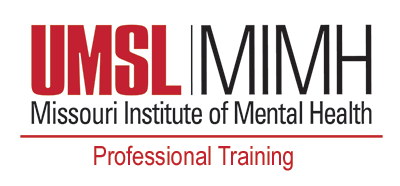Dates and Locations:
September 24, 2007 – St. Louis – Sheraton Westport Chalet Hotel
October 22 , 2007, Kansas City – Adam’s Pointe Conference Center Courtyard by Marriot
Registration Fee:
A portion of the cost of this program is underwritten by funding from the Missouri Department of Mental Health.
Your registration fee is only $69.00.
Program Description:
The past decade has witnessed an unparalleled focus on quality improvement in mental health services, with a strong emphasis on providing high quality treatment based on the best scientific evidence to promote recovery. Assertive Community Treatment (ACT) is one of the most widely recognized evidence-based practices for adults with severe mental illness. Although the model has been available for 30 years, recent work has focused on how service systems can begin implementing ACT programs. This presentation will provide detailed information on ACT, including the historical context, the research supporting ACT, the population served, and key issues in implementing and sustaining ACT teams over time.
Objectives
Upon completion of this program participants will be able to:
Describe the background of the ACT model
List research evidence supporting ACT
Identify the critical elements of ACT, including fidelity assessment
Develop specific strategies to overcome barriers to implementing an ACT team
Program Presenter:
Michelle P. Salyers, Ph.D., co-director of the ACT Center and Associate Research Professor, Department of Psychology, Indiana University Purdue University Indianapolis (IUPUI). She is also a Research Scientist at the VA HSR&D Center on Implementing Evidence-based Practice, Roudebush VAMC and Regenstrief Institute, Inc. She earned her doctorate in Clinical Rehabilitation Psychology at IUPUI in 1998. She completed her clinical internship at Dartmouth Medical School and was a NASMHPD Research Institute post-doctoral fellow at the New Hampshire-Dartmouth Psychiatric Research Center. She is a mental health services researcher in the field of psychiatric rehabilitation, primarily focusing on implementing evidence-based practices. She has several federally-funded research and implementation projects focusing on Assertive Community Treatment and Illness Management and Recovery.
Conference Actions:
Post Views: 375







